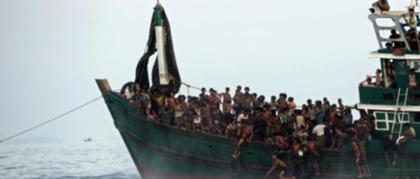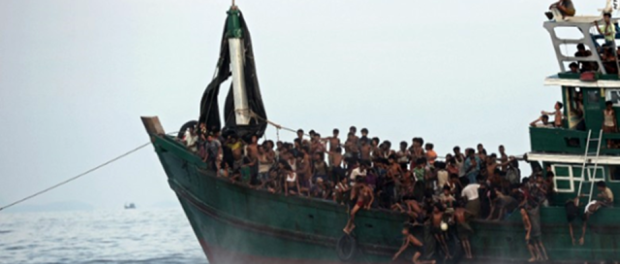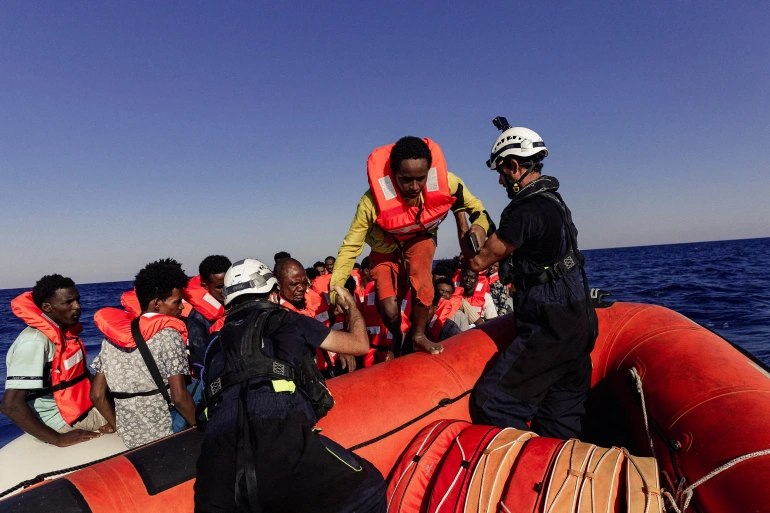 Human Rights Watch denounced on Wednesday the European Union decision to entrust the Libyan coast guards with the task of managing the waves of illegal African migrants who risk their lives to reach European shores.
Human Rights Watch denounced on Wednesday the European Union decision to entrust the Libyan coast guards with the task of managing the waves of illegal African migrants who risk their lives to reach European shores.
The EU’s obstruction of nongovernmental rescues and handover of responsibility to Libyan coast guard forces is a recipe for even greater loss of life in the Mediterranean and a continuing cycle of abuse for people trapped in Libya, said HRW, calling on the EU to shoulder its responsibilities.
“The EU’s efforts to block rescues and dithering on where rescued people can land, propelled by Italy’s hardline and heartless approach, is leading to more deaths at sea and greater suffering in Libya,” stressed Judith Sunderland, director at Human Rights Watch.
“Instead of discouraging rescues by nongovernmental organizations, commercial vessels, and even military ships, EU member states and institutions should ensure that rescued people can be taken to safe ports where their protection needs can be met”, underlined the HRW official.
The detained African asylum seekers and migrants in Libya, who were interviewed by HRW, complained about abuse by guards and smugglers, while some reported aggressive behavior by coast guard forces during rescue operations at sea.
According to HRW, the Libyan coast guard forces lack the capacity to ensure safe and effective search-and-rescue operations.
Since he came to power in early June, Italy’s deputy Prime Minister Matteo Salvini has campaigned against rescue operations carried out by NGOs in the Mediterranean and refused or delayed ships from disembarking in Italy hundreds of vulnerable people rescued at sea, including military and commercial vessels.
Several rescue organizations are blocked in Italian and Maltese ports. The risk that their vessels could be impounded, or that they could face criminal prosecution or financial loss from delayed disembarkation, will deter commercial ships from rescuing people at sea, while the demand increases.



